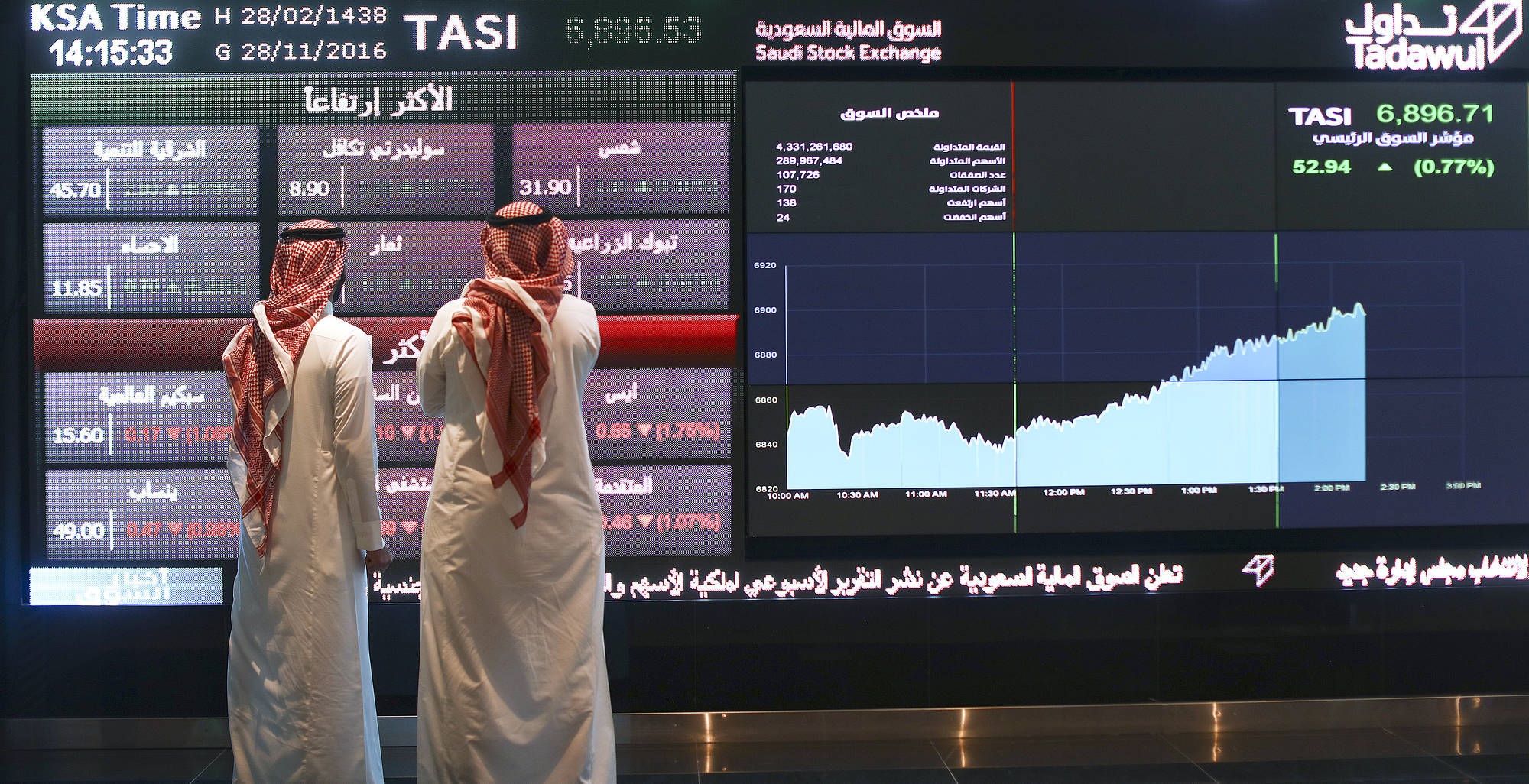The escalating tensions and direct military confrontations between Israel and Iran in 2025 are causing significant volatility in global oil markets. As two powerful players in the Middle East — a region responsible for nearly a third of the world’s oil supply — their conflict holds deep implications for global energy stability and pricing.
Disruption Fears in the Strait of Hormuz
One of the biggest concerns stems from the strategic Strait of Hormuz, a narrow passage through which nearly 20% of the world’s oil flows daily. Iran has previously threatened to block this vital route in times of heightened tensions. Although no closure has occurred in 2025 so far, fears of disruption have triggered speculative price hikes in crude futures.
Immediate Price Spikes
Oil prices surged in the immediate aftermath of missile exchanges between Israel and Iran. Brent crude briefly crossed the $100 per barrel mark — its highest level since early 2023 — as investors scrambled to secure supply and hedge against geopolitical risks. Markets tend to react strongly to Middle East conflicts, even if physical supply is not immediately cut off.
OPEC and Production Stability
Although Iran is a member of OPEC, its ability to influence oil production has been limited by years of international sanctions. Still, regional instability involving Iran raises concerns about OPEC’s overall unity and ability to maintain production levels. If violence spreads or damages infrastructure in neighboring countries like Iraq or Saudi Arabia, the impact on oil output could become more direct.
Global Economic Ripple Effects
Higher oil prices impact everything from transportation and manufacturing costs to inflation levels worldwide. Economies already under pressure from post-pandemic debt and inflationary pressures may feel an additional burden, particularly developing nations that are heavily reliant on energy imports.
Market Outlook
Analysts suggest that continued hostilities or even a prolonged standoff could keep oil prices elevated for the foreseeable future. Conversely, a diplomatic de-escalation could bring prices back down — though the underlying instability in the region will likely maintain a degree of upward pressure on global energy markets.
Final Thought
The Israel-Iran conflict serves as a reminder of how geopolitical instability in oil-rich regions can influence global markets almost instantly. Until there is a clear path toward de-escalation, energy markets are likely to remain reactive, with oil prices reflecting the uncertainty of the conflict’s next chapter.











